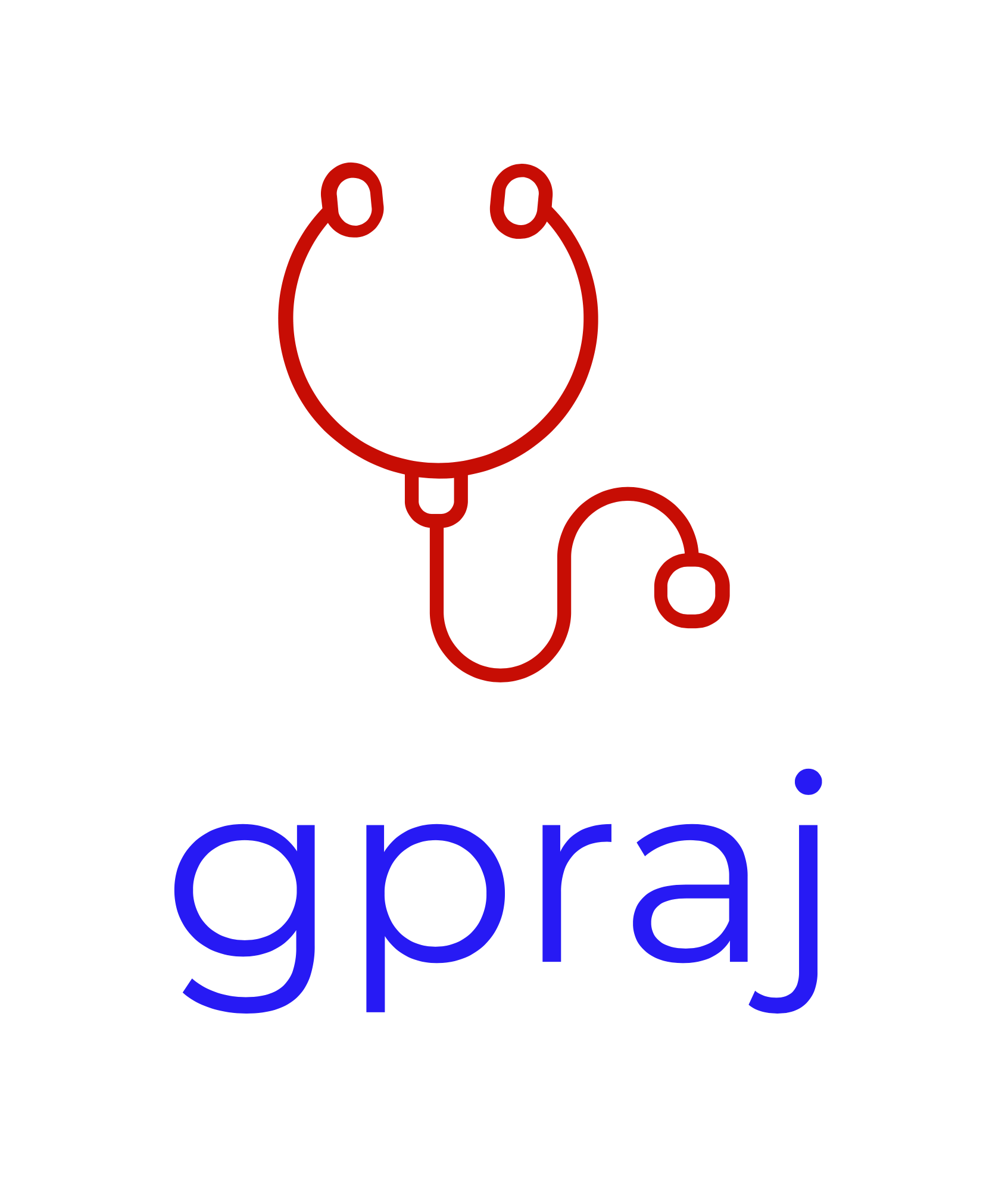Hypertension in pregnancy
Definition
Risk factors
High-risk of developing pre-eclampsia
Hypertensive disease during a previous pregnancy
Chronic kidney disease
Autoimmune disease (such as SLE, APS)
Type 1 or Type 2 Diabetes
Chronic hypertension
Moderate-risk of developing pre-eclampsia
First pregnancy
Age > 40yr
Pregnancy interval of more than 10y
BMI ≥ 35
Family history of pre-eclampsia
Multi-fetal pregnancy
SLE systemic lupus erythematosis, APS antiphospholipid syndrome
Symptoms of pre-eclampsia
Severe headache
Visual disturbance (blurring, flashing before the eyes)
Vomiting
Acute swelling of face, hands or feet
Subcostal rib pain
Diagnosis
Detect and quantify proteinuria
Use automated reagent-strip reading device for urine dipstick screening for proteinuria
If ≥ 1+ protein then determine
urine protein:creatinine ratio (urine PCR): significant proteinuria if urine PCR ≥ 30 mg/mmol,
or,
urine albumin:creatinine ratio (urine ACR): significant proteinuria if urine ACR ≥ 8 mg/mmol
Blood
Prevention and control
Pre-pregnancy advice in women with chronic hypertension or renal disease
If taking angiotensin-converting enzyme (ACE) inhibitors, angiotensin II receptor blockers (ARBs), or thiazide diuretics, switch to safer antihypertensive alternatives (such as labetalol, nifedipine or methyldopa) as these medications are associated with an increased risk of congenital abnormalities and neonatal complications.
Aim for a target BP of 135/85 mmHg
Pre-pregnancy advice in women with diabetes
Particular importance of optimising control of blood sugar prior to conception, during pregnancy and post-natally in order to reduce the risk of fetal congenital abnormalities, abnormal fetal growth (macrosomia or SGA) and maternal complications such as pre-eclampsia.
Women at high-risk of developing pre-eclampsia (any high-risk factor or >1 moderate-risk factor)
Should take low-dose aspirin (75mg) daily from 12w until birth of the baby.
